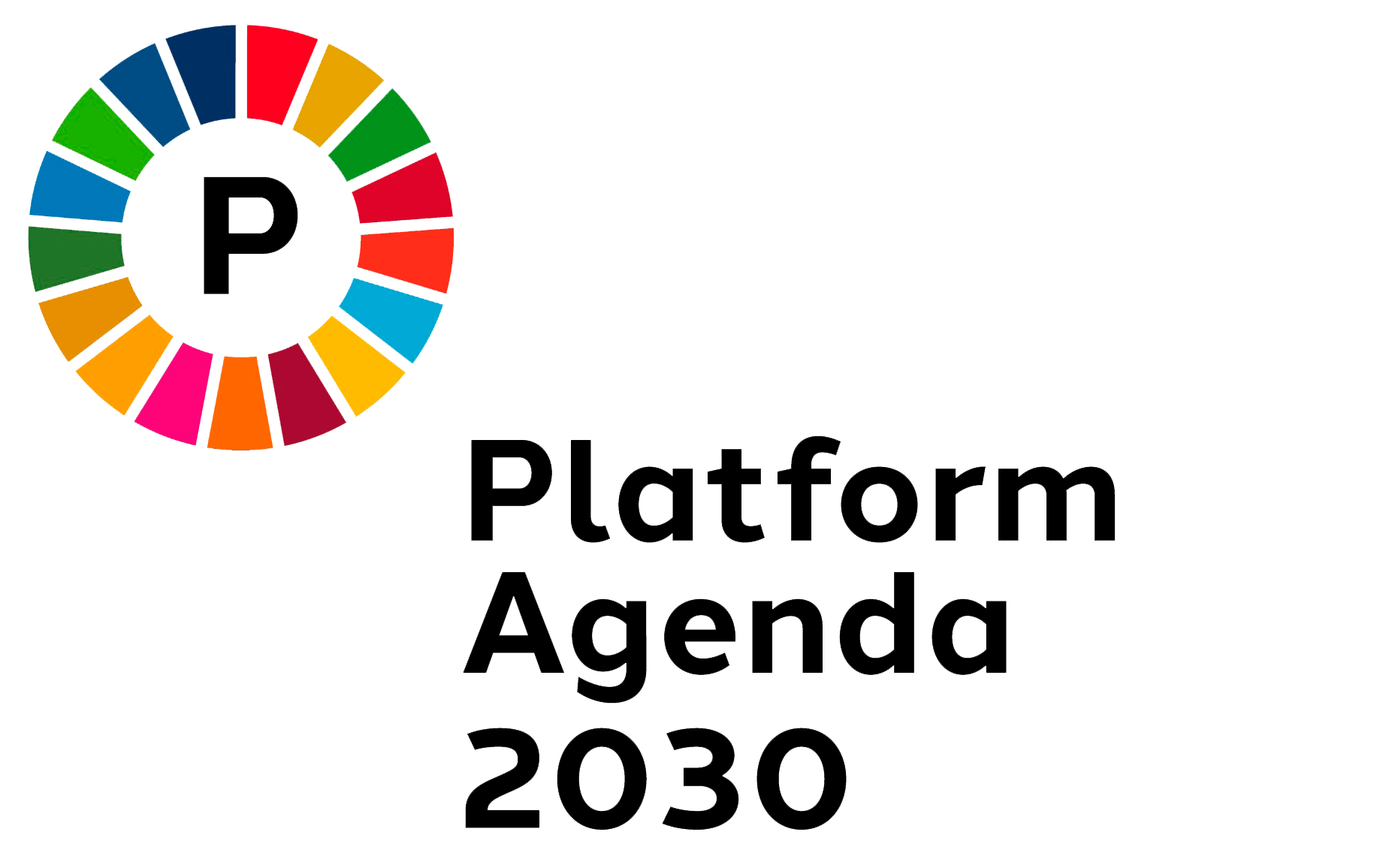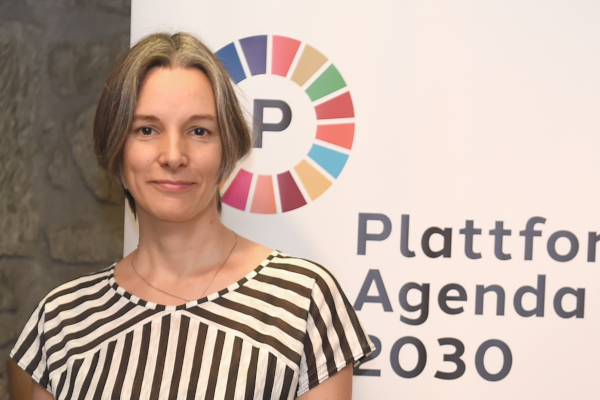Civil society as an agent of social transformation
Outside of formalised processes civil society is also a fount of social innovation. It provides a small-scale test bed – a place to experiment and try out new forms of communal life or the circular economy. With its own studies and analyses it also contributes to a better understanding of the complex interrelationships in society. This knowledge is then put to the test in real-life projects, theory is melded with practical experience, and new solutions are developed. Civil society thereby becomes an agent of social transformation, as called for by the very title of the 2030 Agenda, ‘Transforming our World’.
In its diversity, civil society is also contradictory. Movements and alliances form where too little attention is given to a collective need. In this sense they are an early warning of what is fermenting in society.
Civil society is an important political actor and therefore key to a functioning democracy. Its agents employ petitions and popular initiatives to mobilise the population and place issues on the political agenda. Numerous organisations are committed to compliance with legal frameworks, human rights and international obligations. They hold political and economic decision-makers to account for the promises they make and the undertakings they enter into.
Civil society offers vessels and conduits for discussion and opinion-forming, and is thus able to make voices heard in political processes that have previously been absent from a representative democracy. Civil society also functions as a political corrective. To do this, it depends on structures that ensure access to information, participation, and freedom of expression. These consist of transparency, the rule of law, and media freedom. Many countries do not enjoy such underlying conditions.
Resistance against the political engagement of civil society actors is also growing in Switzerland. With its Responsible Business Initiative, a broad coalition of NGOs challenged centre-right political parties and large sections of the business community. Civil society actors beyond the political mainstream controlled the political discourse and showed their strength. The backlash was immediate. Doubt was cast about the political activities of NGOs advocating transformation, and there were calls to make it more difficult to access funding. In addition to these organisations’ political work, their educational and awareness-raising programmes were also caught in the political crossfire. Political muzzles for unpopular political opinions.
Sustainable development requires a lively and diverse civil society that is able to make a political difference. Inclusive societies with genuine opportunities for participation are what SDG 16 aims to achieve, thereby recognising them as an important element of sustainable development. The 2030 Agenda can only be implemented successfully if transparency and the genuine participation of civil society actors are an integral part of the achievement of the SDGs.
Eva Schmassmann
- Una Hombrecher, Christine Meissler, Mads Loftager Mundt (Hrsg): Development needs civil society – the implications of civic space for the sustainable development goals. Synthesis report for ACT Alliance. 2019.

